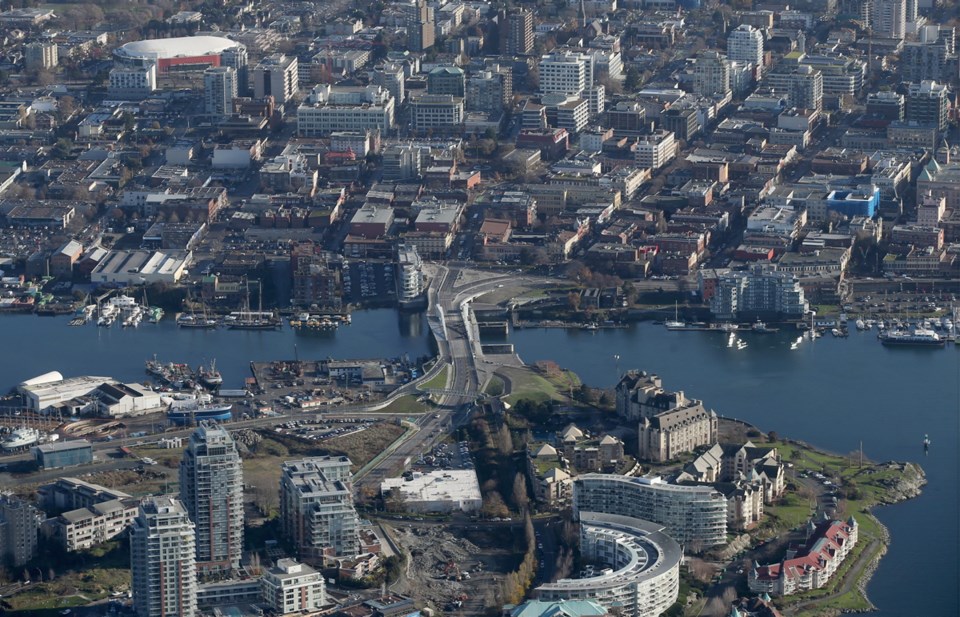An emerging crisis is threatening condominium owners. Rapidly rising insurance costs make it increasingly difficult for strata properties to get coverage.
Across the Lower Mainland and Greater Victoria, some annual insurance premiums have increased between 25 per cent and 300 per cent. At the same time, deductibles are also rising.
A number of buildings have seen their deductible rise from $25,000 per claim to $250,000. In one instance the deductible was hiked to $750,000, meaning the insurance company would only pay out for losses in excess of that amount.
Of more concern still, some stratas are finding they cannot buy insurance at all. No company will cover them.
This is a huge issue, because banks will not issue mortgages to uninsured residences. That leaves the owners unable to sell their property, effectively destroying their investment.
Part of the problem is that condominium prices have surged in recent years, meaning replacement costs have also risen.
Catastrophic losses associated with severe weather also play a role.
Insurance companies often cede part of their risk to larger, multinational reinsurance firms. But these in turn provide coverage on a global basis, meaning a hurricane in Florida or an earthquake in Japan will drive up the cost of insurance in B.C. Due to several major windstorms, 2017 was the costliest year for insured losses since 1980.
As well, many condo buildings are reaching the age where repairs become more frequent. That also drives up the price of insurance.
The question is what can be done. The buildings most likely to face large premium hikes are those with a history of, or even just the future probability of, numerous claims.
A proper maintenance schedule will help, but owners are often reluctant to face the costs involved. They don’t want to pay now for something that might happen years in the future, perhaps long after they’ve moved on.
In the short term, there are some steps that owners can take. One of the most frequent causes of serious damage is water leaking from washing machines.
Owners should ensure they have a shut-off valve in the event a leak occurs. And rubber hoses should be replaced with the braided steel version.
Three months before an insurance policy expires, the strata council should contact the insurer and inquire about the cost of renewal. If a hefty hike is coming, time is needed to warn owners and shop around for a better deal.
But there is also a role here for government. While by law, strata corporations must obtain insurance for all common property, there is no requirement that individual owners insure their property.
In the event of damage that affects other residents, such as a major water leak that seeps through the ceilings of units below, there is no guarantee the owner responsible can meet the cost of repairs. Without insurance, those costs may fall on the strata.
On several occasions, the provincial government has been asked to amend the Strata Property Act to correct this omission. If vehicle owners are required to buy third-party insurance to protect someone they may injure, the same principle should apply to condominium owners.
Unfortunately, nothing has been done.
When Finance Minister Carole James was asked what steps her ministry is taking to address the problem of rising insurance costs, she replied with the lamest of answers: “We think there are good opportunities to be able to talk with the industry, to talk with condos, to talk with insurance companies, and look at how we can address this issue.” In a follow-up statement, James basically gave the same advice we’ve offered here.
Far more is needed. Half of all British Columbians reside in strata properties. Much of their net wealth is vested there.
If insurance becomes unaffordable, a financial disaster will follow.
We need action, not words, from the province.



